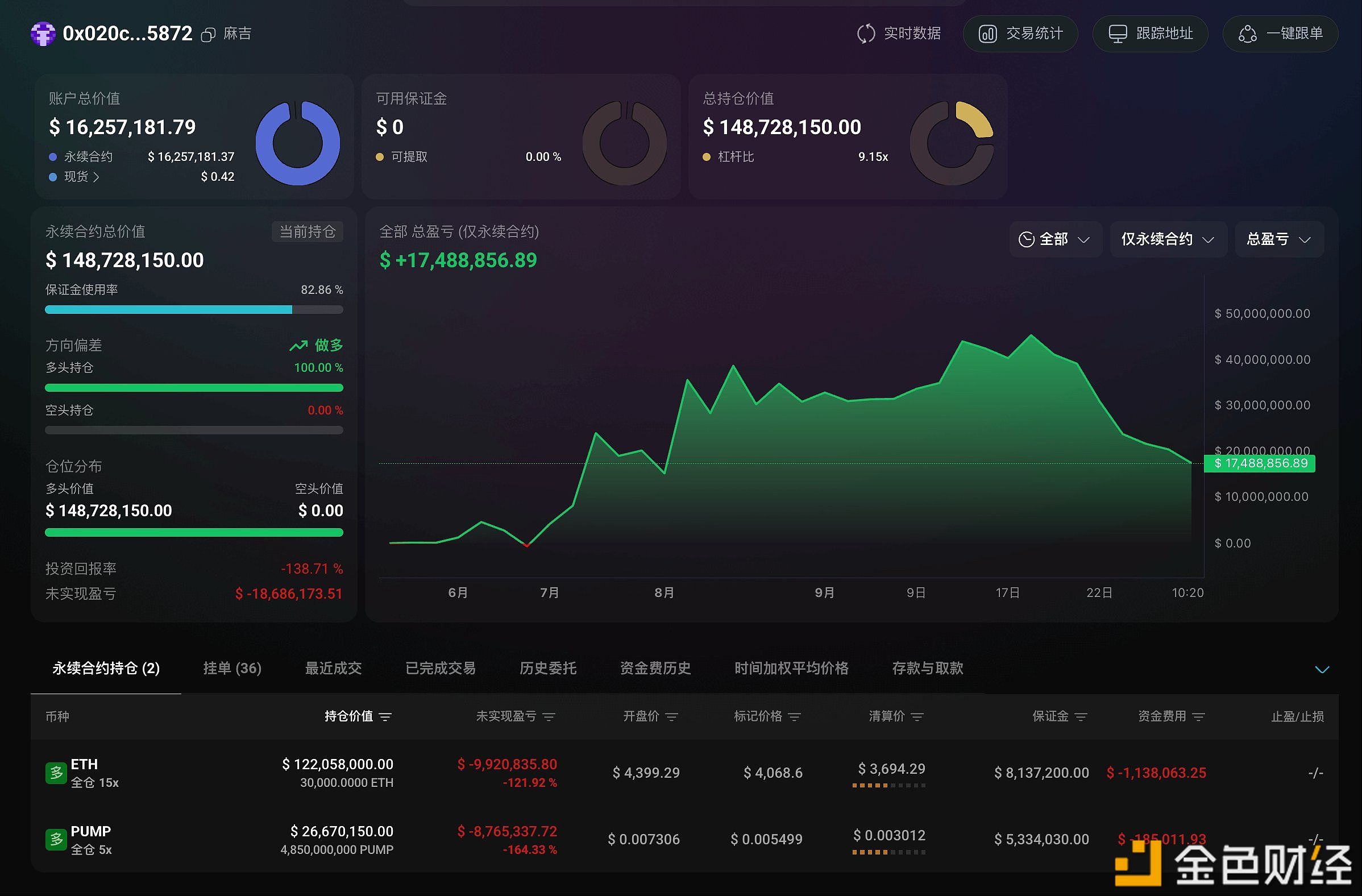WSJ: Tether is Disrupting the US Global Sanctions System
On September 13th, The Wall Street Journal (WSJ) reported that Tether (USDT) is undermining the U.S.'s efforts to combat arms dealers, sanction violators and fraudsters. By 2023, the amount of money flowing through the Tether network will be almost as much as that through Visa cards, with an annual net profit of $6.2 billion. This surpasses asset management giant BlackRock's net profit for common shareholders ($5.5 billion), but Tether's staff count (less than 100 people) is only a small fraction of BlackRock's. The article points out that while Tether does verify the identities of its direct customers, its vast secondary market remains unregulated. According to a United Nations report in January this year, USDT is the "preferred" choice for money laundering in Southeast Asia.
Disclaimer: The content of this article solely reflects the author's opinion and does not represent the platform in any capacity. This article is not intended to serve as a reference for making investment decisions.
You may also like
Benchmark analyst reiterates "Buy" rating on Japanese crypto company Metaplanet

GAIN official: Investigating issues related to abnormal token over-issuance
Data: 10 addresses received a total of 210,000 ETH within 6 hours, worth approximately $863 millions.